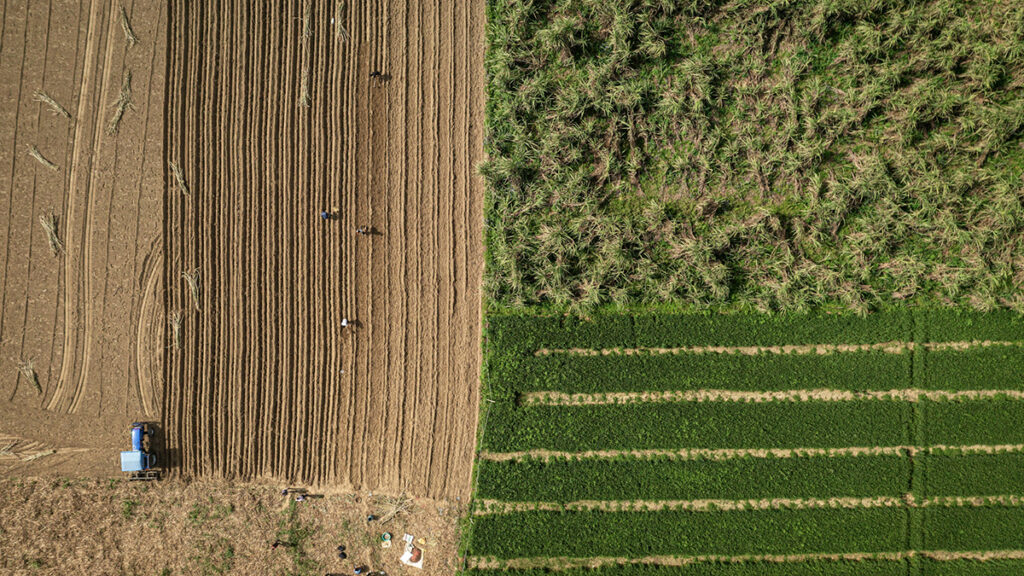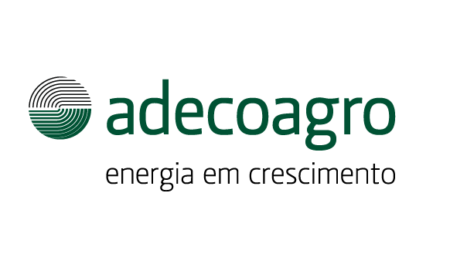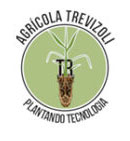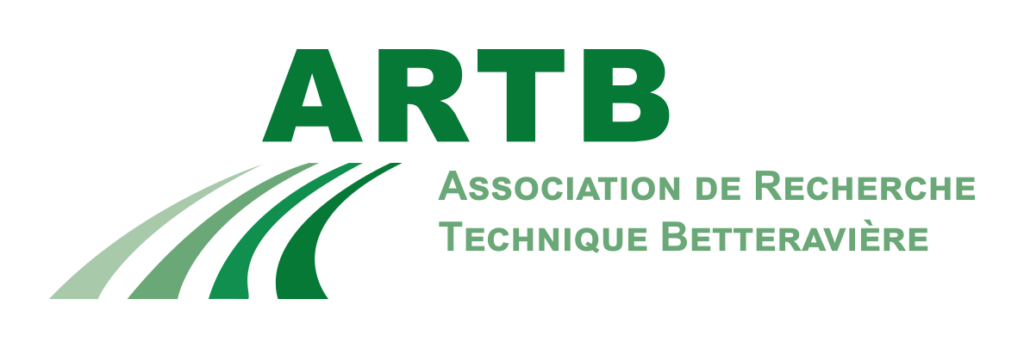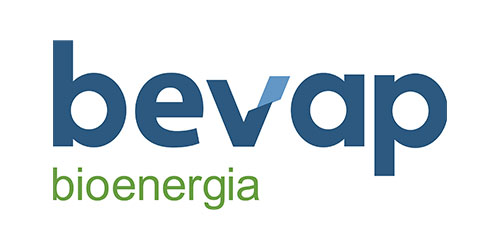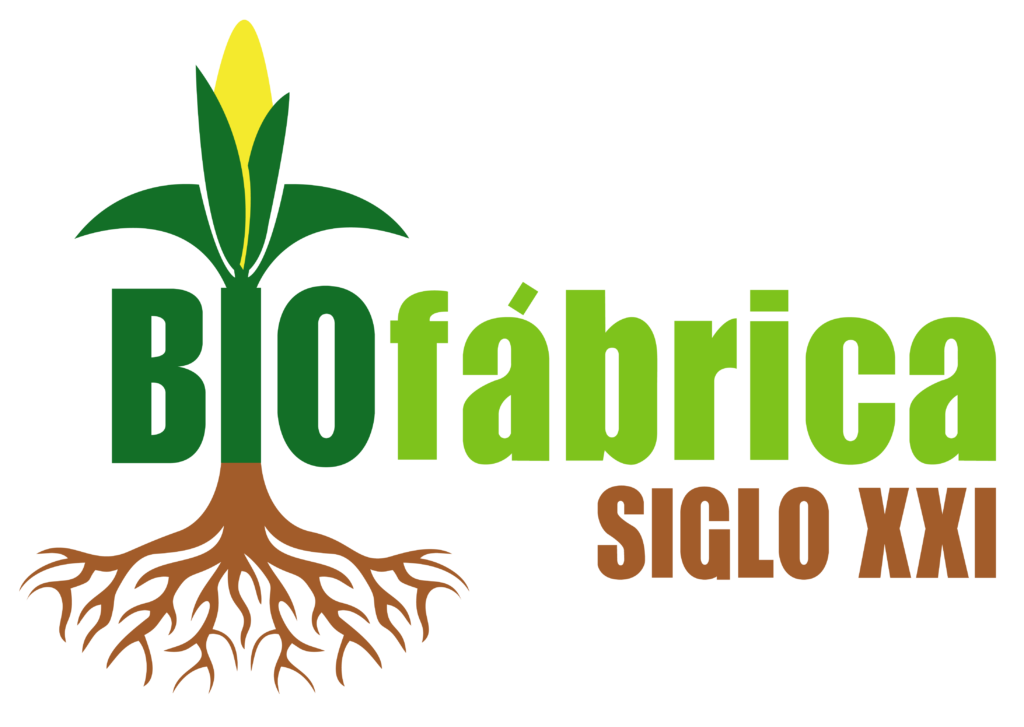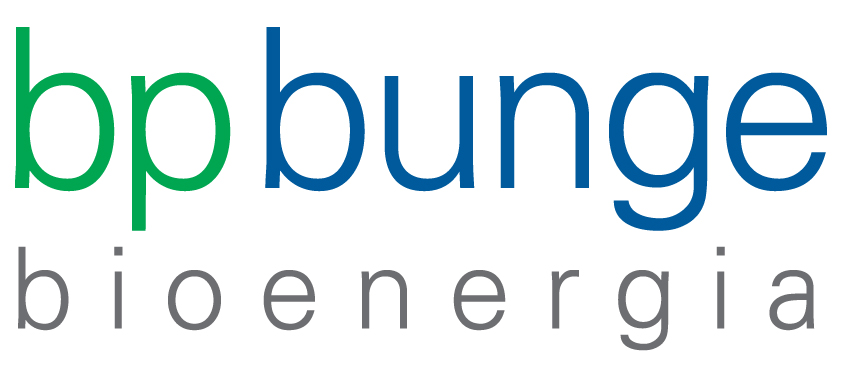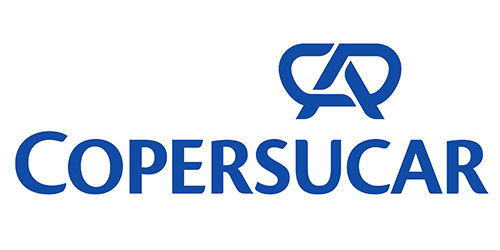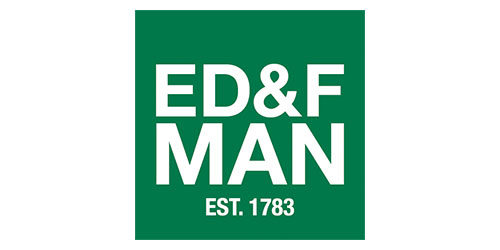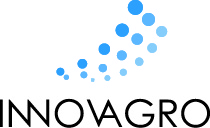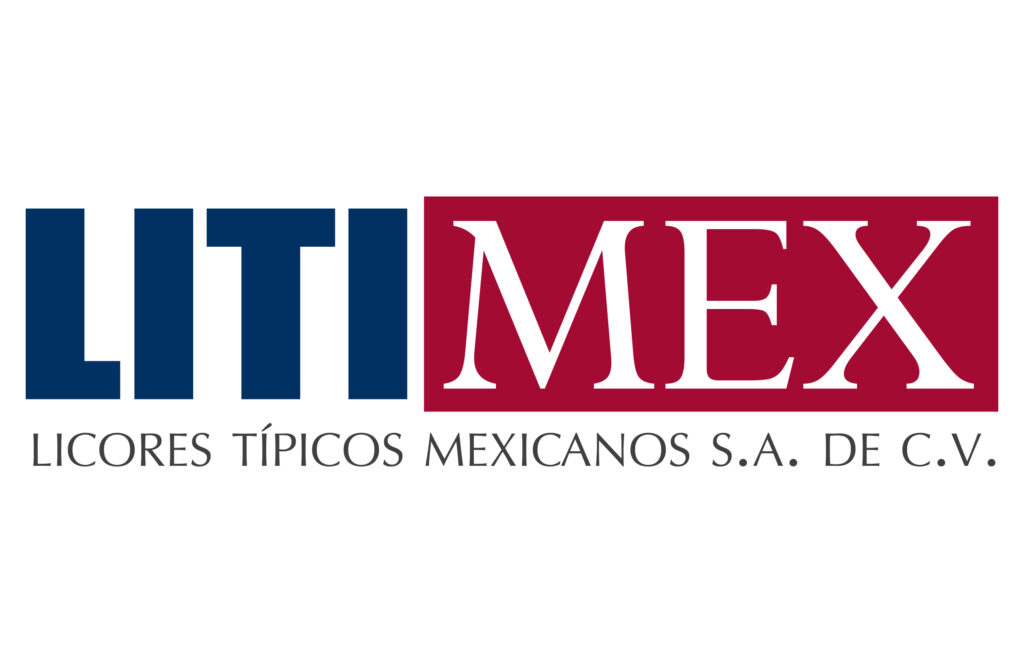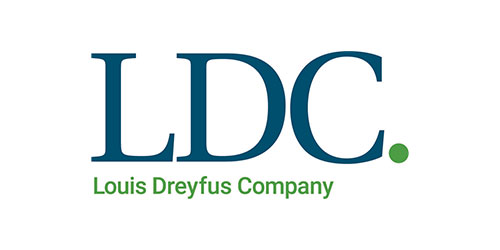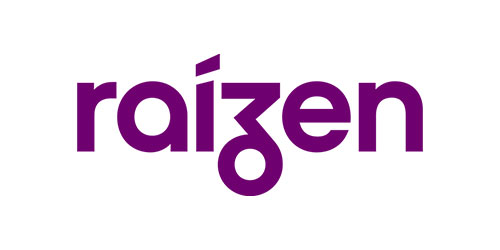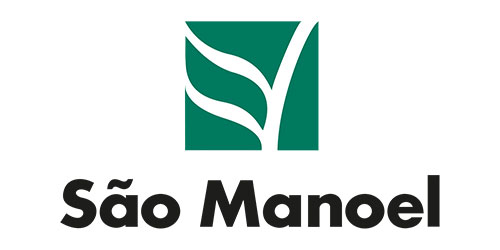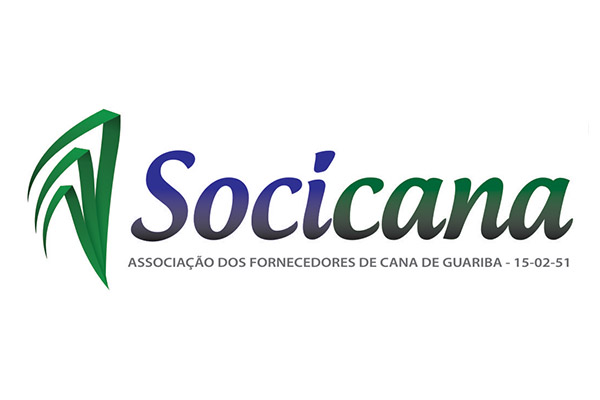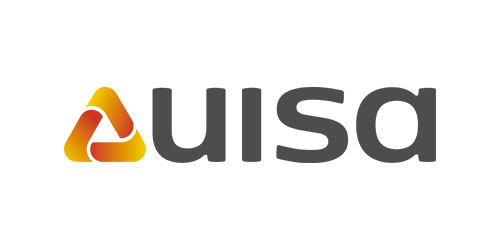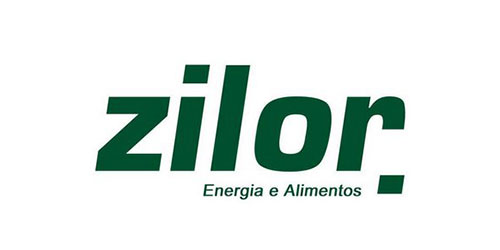To avoid catastrophic impacts from climate change, greenhouse gas emissions must nearly halve by 2030, and drop to net zero by 2050 (IPCC).
Every sector needs to play its part in this effort. Working with our members and partners, Bonsucro has developed the ClimateCane Tracker – a target-setting tool for Bonsucro members, that will help sugarcane producers, and companies that source from them, to reduce their emissions in line with what’s needed to maintain a stable climate.
Why develop science-based targets in sugarcane?
A growing number of companies have made commitments to net-zero emissions and to supporting the Paris Agreement on climate change. Many have set credible targets for reducing their greenhouse gas emissions following the guidance of the Science Based Targets initiative (SBTi), a partnership between CDP, the United Nations Global Compact, World Resources Institute and WWF.
The SBTi has recently launched its Forest, Land and Agriculture (FLAG) guidance to enable companies operating in land-intensive sectors like food, agriculture and forestry to set science-based standards. This fills an important gap, since deforestation and other land-related impacts account for nearly a quarter of global greenhouse gas emissions, and represent a significant part of many businesses’ climate footprint. Land-based sectors can also make a big contribution to tackling climate change by removing carbon dioxide from the atmosphere – for example by increasing the amount of carbon stored in the soil.
Within FLAG guidance the SBTi has developed mitigation pathways for various commodities, including beef, corn, soy, palm oil and timber, with the aim of reducing overall emissions in land-based sectors by 35% between 2020 and 2030. At the moment, though, it has no plans to develop specific guidance for the sugarcane sector. So Bonsucro has stepped in.
What are we doing?
We have led the development of a FLAG mitigation pathway for the sugarcane sector to drive down emissions in line with science and the goals of the Paris Agreement. This involves calculating a baseline of current land-based emissions per kilo of sugarcane production, looking at projected future production, then setting ambitious but achievable targets for reducing these emissions over the coming years.
![]() As part of the pathway, we committed to developing shared, sector-wide methodologies and metrics for monitoring FLAG-related carbon emissions and removals. This will enable companies that operate within the sugarcane value chain to set science-based targets covering scope 1 (direct), scope 2 (indirect) and scope 3 (supply chain) emissions in sugarcane production up to the farm gate.
As part of the pathway, we committed to developing shared, sector-wide methodologies and metrics for monitoring FLAG-related carbon emissions and removals. This will enable companies that operate within the sugarcane value chain to set science-based targets covering scope 1 (direct), scope 2 (indirect) and scope 3 (supply chain) emissions in sugarcane production up to the farm gate.
Following the same structure as SBTi’s existing work in other sectors, we have produced the ClimateCane Tracker – a tool guidance to help companies set science-based targets.
The mitigation pathway was developed with sustainability consultants Quantis, who have been involved in developing similar pathways for other sectors. They reviewed the data and the science, and consulted with experts to draft the pathway, guidance and tool. These were fine-tuned through pilot testing and a public consultation. The ClimateCane Tracker was launched on 13 November 2023 for Bonsucro members.
This project has been made possible by financial support from the Bonsucro Impact Fund through its Strategic Investment Budget.
Get involved
- Download the factsheet
- Get in touch with the team to find out more about the tracker
- Sign up to our newsletter to stay up-to-date on our climate action work
- Watch the webinars outlining our work plan for this project
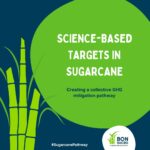


SBT project partners
Bonsucro is committed to working with members and partners to mitigate climate change and help producing communities become more resilient.




